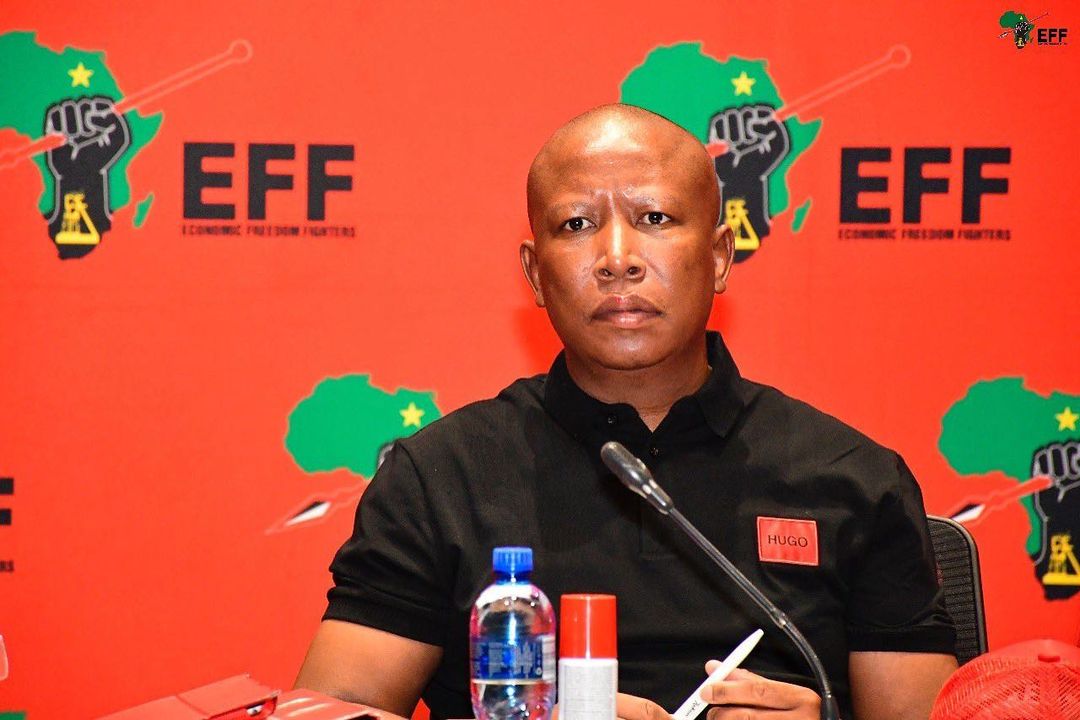In a recent policy shift, President Duma Boko of Botswana has lifted entry bans on several high-profile activists and political figures who were previously barred from visiting the country under the Botswana Democratic Party (BDP) government. This move, part of Boko’s vision for a more open and globally engaged Botswana, signifies an effort to repair diplomatic relations and promote free expression and international advocacy.
Here are 10 of the most notable figures impacted by the revocation:
1. Julius Malema
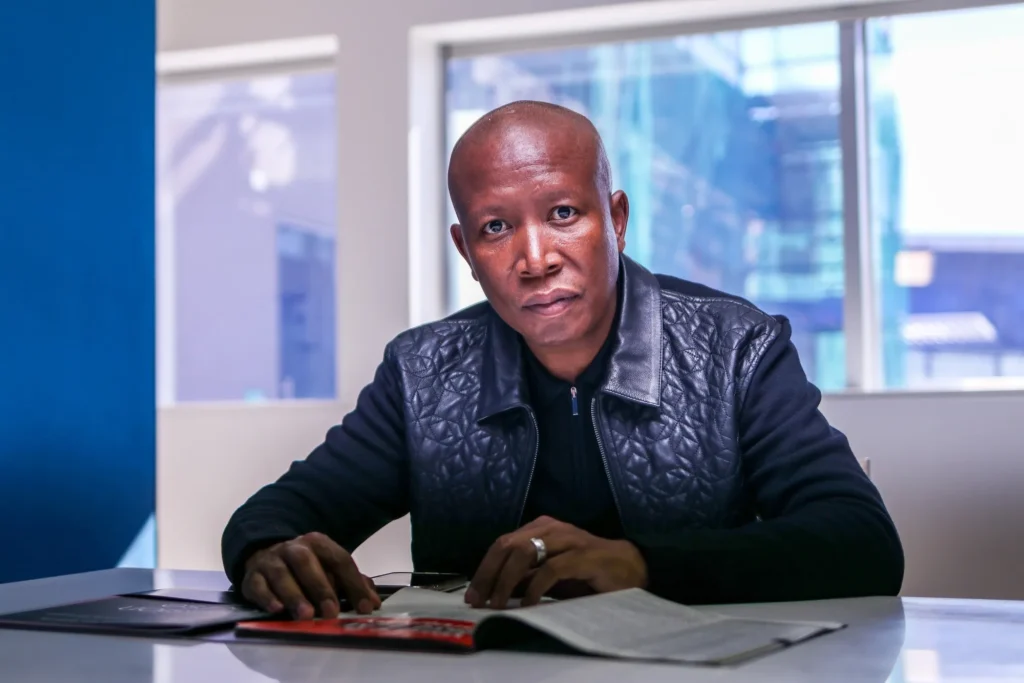
• Leader of South Africa’s Economic Freedom Fighters (EFF) party, Malema is a prominent and often controversial figure in Southern African politics. His outspoken views on pan-Africanism, wealth redistribution, and critique of various Southern African governments led to tensions with Botswana’s former administration. Malema was reportedly barred from entering Botswana in previous years due to concerns that his influence could spark political unrest. The revocation of his travel ban aligns with Boko’s commitment to foster regional dialogue and respect diverse perspectives, regardless of political alignment.
2. Floyd Shivambu
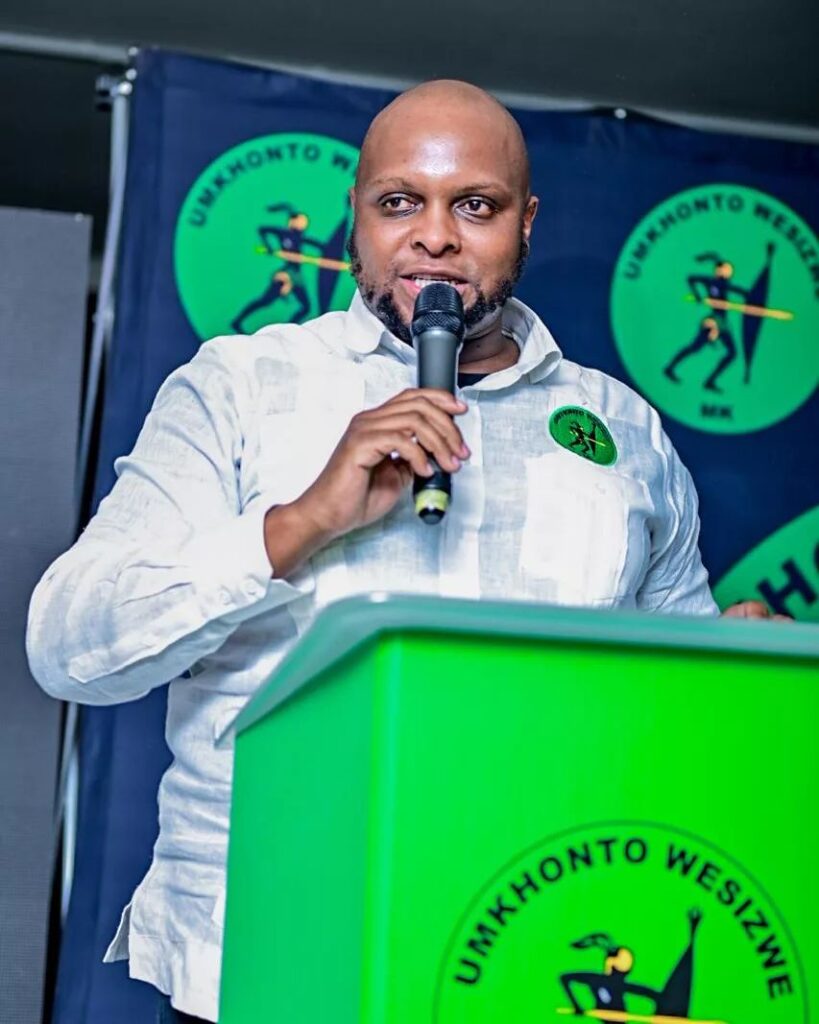
• Deputy President of the EFF, Shivambu, like Malema, faced a ban due to his association with the party and its opposition to some policies of the previous Botswana administration. His re-entry symbolizes Botswana’s new approach under Boko’s leadership, focusing on cooperation over isolation. Shivambu’s return could signal strengthened relationships between Botswana and South African political groups previously critical of the BDP government.
3. Gordon Bennett
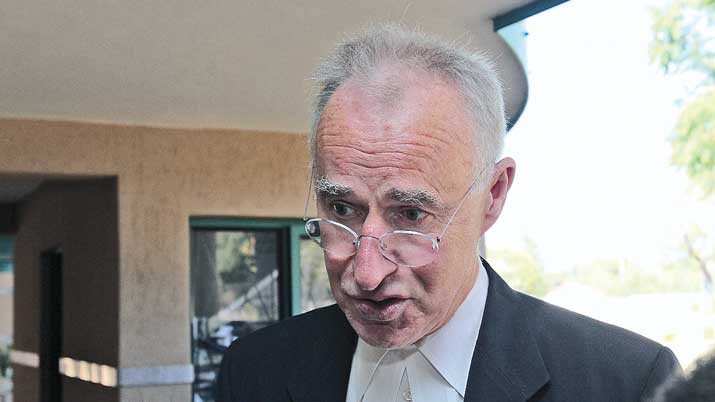
• Bennett, a British human rights lawyer known for his advocacy on indigenous issues, was reportedly denied entry due to his work with the Basarwa (San) people in Botswana. He has been involved in various legal battles supporting indigenous rights to land and resources, which put him at odds with the BDP’s policies. Allowing Bennett entry underscores a renewed commitment to indigenous rights and greater transparency on Botswana’s approach to land use and conservation under Boko’s administration.
4. Bridgette Radebe
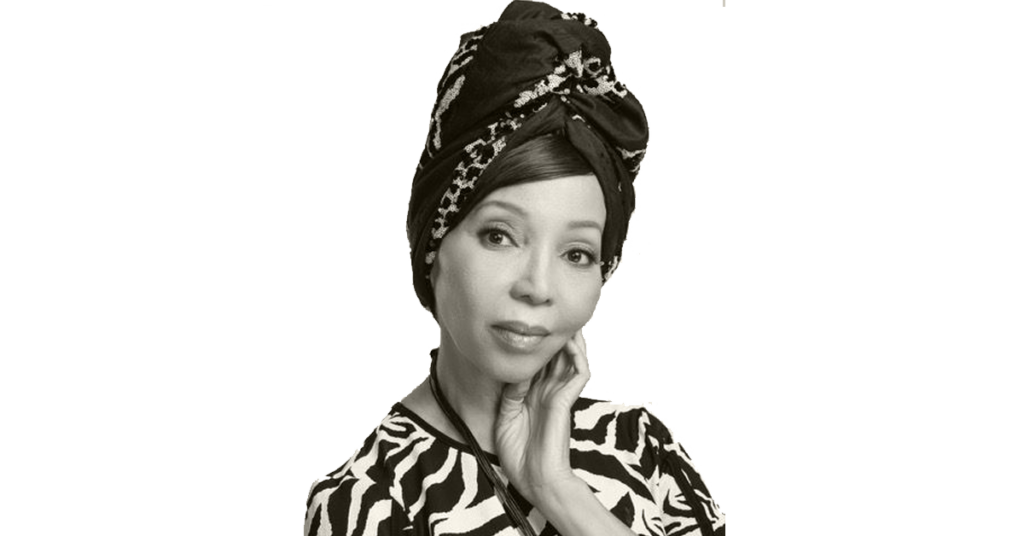
Botswana imposed visa requirements on Bridgette Motsepe-Radebe, the wife of South Africa’s energy minister and sister to mining tycoon Patrice Motsepe, in April 2019. This restriction came amid suspicions that she had intervened in Botswana’s political affairs. Allegations circulated that Motsepe-Radebe had financially backed Pelonomi Venson-Moitoi, who was challenging President Mokgweetsi Masisi for leadership of the ruling Botswana Democratic Party (BDP). While no official reason was provided for the visa requirement, local media reported it may be related to these claims.
5. Kali Mercier

Known for her advocacy work in human rights, Mercier was reportedly blocked from entering Botswana due to her public positions on policy reform and development. By lifting her ban, the current administration emphasizes its support for diverse viewpoints, especially those advocating for reforms in human rights and development policies.
6. Rick Yune
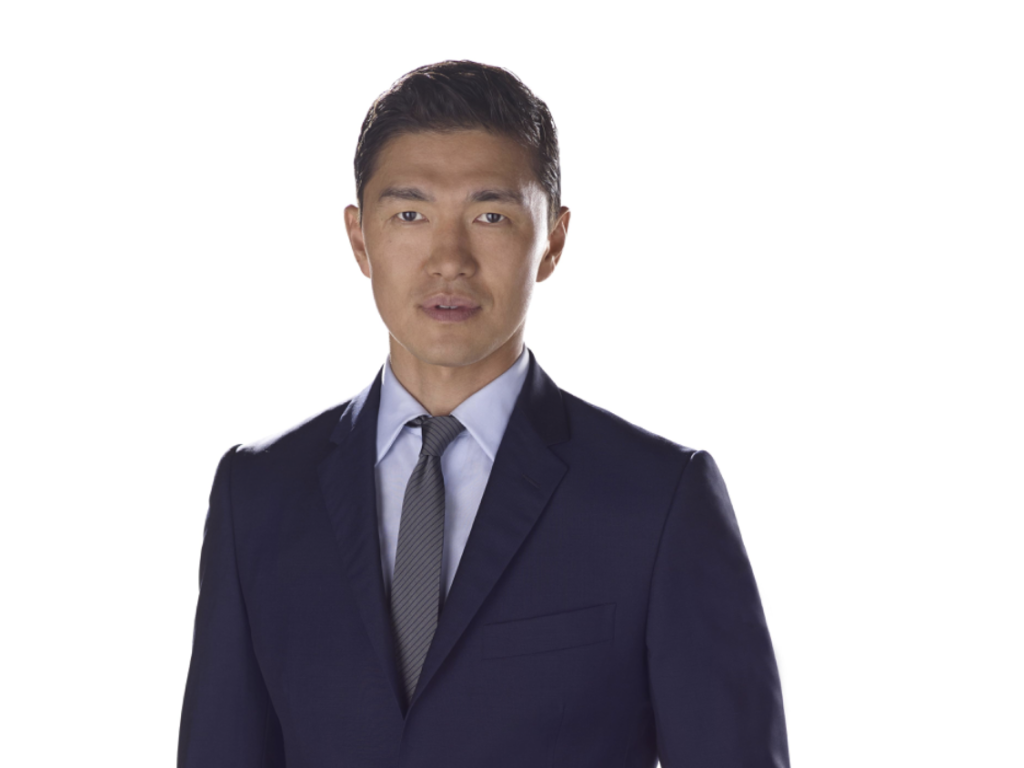
In 2014, Just hours before the launch of Umbrella for Democratic Change (UDC) President Duma Boko’s campaign, the Botswana government imposed visa restrictions on his Hollywood friends, Rick Yune and Jennifer Lindsey Bell. Yune, known for his roles in the Fast & Furious franchise, and his British-born actress partner Bell, were due to attend Boko’s event at Bophirima School Grounds in Gaborone’s Bonnington North. The couple, already in South Africa, received the news just before they were set to travel to Botswana.
7. Fiona Watson
Also affiliated with Survival International, Fiona Watson has long been a critic of the treatment of indigenous communities globally. Her activism around conservation and human rights frequently called out Botswana’s policies, which restricted her entry under the previous administration.
8. Gordon Bennett
A British lawyer who has represented Botswana’s Basarwa (San) community in legal battles over land rights, Bennett’s entry was barred after representing cases critical of the government’s position on indigenous lands.
9. Dikeledi Dijeng
A South African political figure, Dijeng was linked to opposition voices and restricted due to her alignment with figures critical of the BDP government. Her support for leaders opposing Botswana’s political landscape raised concerns among authorities.
10. Miriam Ross
Another human rights activist, Miriam Ross has advocated against government-led displacement of indigenous communities. Her research and media work were seen as contrary to Botswana’s previous stance on land use and development.
President Boko’s Vision and Future Implications
This policy shift is seen as part of a larger diplomatic strategy to enhance Botswana’s global reputation as a nation dedicated to human rights, regional cooperation, and transparency. The re-entry of these individuals, who were once seen as critics of the previous administration, reflects President Boko’s commitment to open dialogue and inclusive governance. It aligns with his promises to make Botswana a more democratic, transparent, and internationally connected nation, positioning the country as a leader in advocating for human rights and fostering diplomatic ties across diverse political landscapes.
The lifting of these bans marks a significant shift in Botswana’s political landscape, suggesting a move away from isolationist policies towards a more open and inclusive approach to both local and international affairs.


